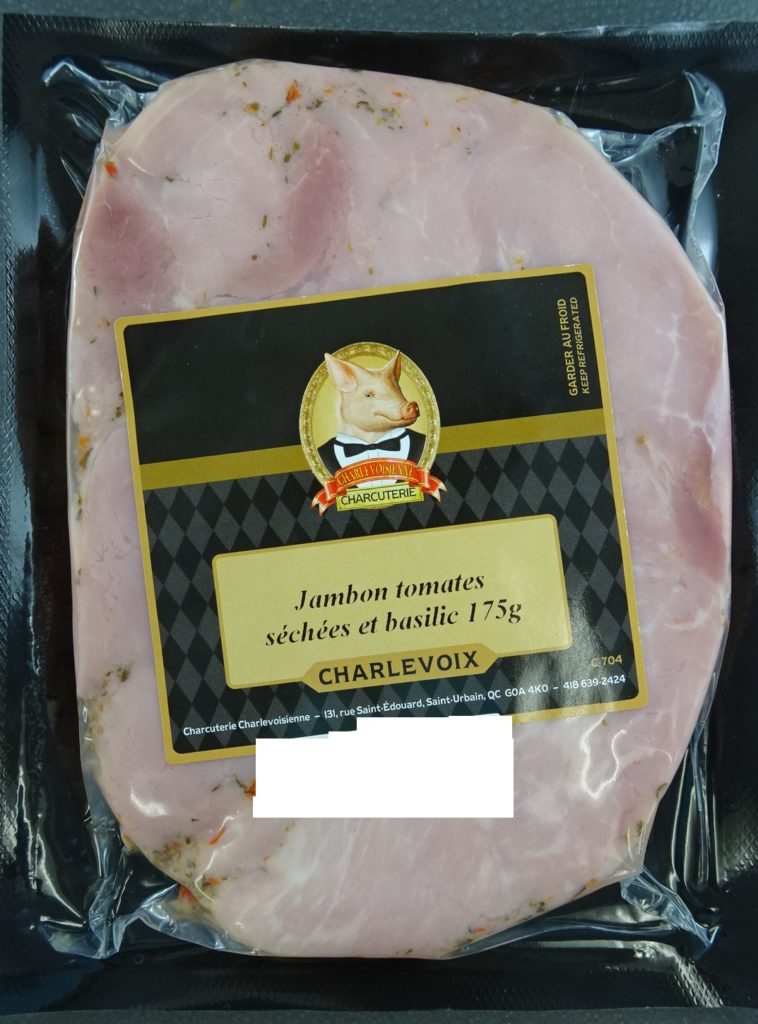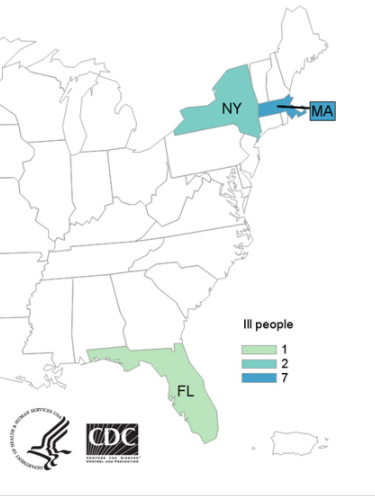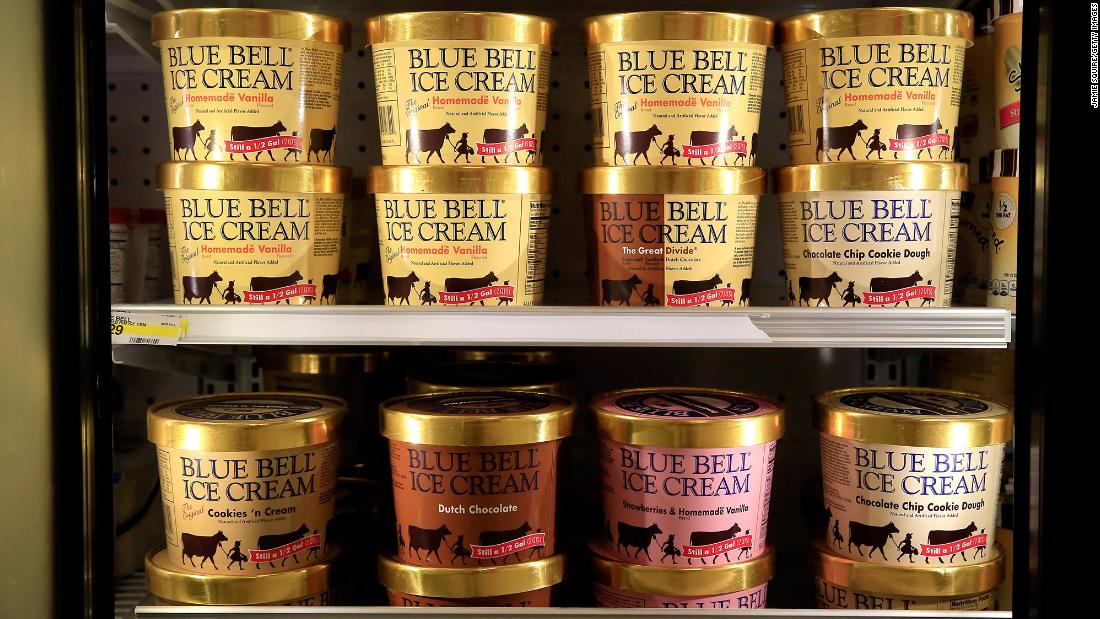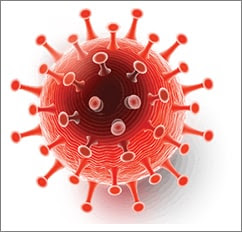The ministère de l’Agriculture, des Pêcheries et de l’Alimentation du Québec (MAPAQ), in collaboration with the Charcuterie Charlevoisienne company, warn consumers not to consume “Ham, Dried Tomatoes and Basil” due to possible Listeria monocytogenes contamination. The product was available for sale at several locations across the province. It was packaged in clear plastic wrap with a black underside and was sold refrigerated. The label includes, in addition to the proper name of the product, the words “CHARCUTERIE CHARLEVOISIENNE.” To date, no illnesses were reported. @ https://www.mapaq.gouv.qc.ca/fr/Consommation/rappelsaliments/2020/10/Pages/4212.aspx
ruth
The CDC reported that ten people were infected with the outbreak strain of Listeria monocytogenes in three states (Florida, Massachusetts, and New York). All 10 ill people were hospitalized. One death has been reported from Florida. Epidemiological data suggest that deli meat is a likely source of this outbreak. In interviews with 9 ill people, all reported eating Italian-style meats, such as salami, mortadella, and prosciutto. They reported purchasing prepackaged deli meats and meats sliced at deli counters at various locations. The specific type of meat has not been identified yet. WGS showed that bacteria isolated from ill people were closely related genetically. @ https://www.cdc.gov/listeria/outbreaks/delimeat-10-20/index.html
Outbreak of Listeria Infections Linked to Deli Meats
ruth
A Texas grand jury charged Paul Kruse, Blue Bell Creameries’ who served as the company’s CEO and president from 2004 to 2017, with wire fraud and conspiracy in connection with an alleged cover-up of the company’s 2015 Listeria outbreak, the Department of Justice announced. According to the indictment, Texas state officials notified Blue Bell in February 2015 that two ice cream products from the company’s Brenham, TX, factory tested positive for Listeria monocytogenes. Kruse allegedly directed employees to remove potentially contaminated products from store freezers without notifying retailers or consumers of the real reason. Kruse instructed employees to tell customers who asked about the removed items that there was an “unspecified issue with a manufacturing machine,” the indictment alleges. The ice cream was linked to 10 Listeria cases in four states and resulted in three deaths in Kansas. In May, the company pleaded guilty to two misdemeanors for distributing adulterated food products and agreed to pay $19.3 million in fines for shipping contaminated ice cream during the 2015 Listeria outbreak. The company closed its facilities in April 2015 to clean and update the facilities and has taken significant steps to enhance sanitation processes @ https://www.cnn.com/2020/10/21/business/blue-bell-ice-cream-listeria-former-ceo-charges/index.html
A Texas grand jury charged Paul Kruse, Blue Bell Creameries’ former CEO and president, was charged with wire fraud and conspiracy in connection with an alleged cover-up of the company’s 2015 listeria outbreak, the Department of Justice announced on Wednesday.
ruth
A study in the journal Emerging Infectious Diseases by the CDC found that among 742 food and agriculture work locations surveyed in 30 states, 8,978 workers had confirmed COVID-19, and 55 workers died. The ethnical mix shows that 36.5% of workers are Hispanic or Latino, 52.6% are non-Hispanic White, 5.9% are non-Hispanic Black, 3.5% are non-Hispanic Asian/Pacific Islander, and 1.5% are of other non-Hispanic race or ethnicity groups. Among workers with COVID-19 for whom race or ethnicity data were reported, 72.8% were Hispanic or Latino, 6.3% were non-Hispanic Black, and 4.1% were non-Hispanic Asian/Pacific Islander. The data suggest that Hispanic or Latino, non-Hispanic Black, and non-Hispanic Asian/Pacific Islander workers in these workplaces might be disproportionately affected by COVID-19. Testing in meat and poultry processing facilities showed widespread COVID-19 outbreaks and identified high proportions of asymptomatic or presymptomatic infections. @ https://wwwnc.cdc.gov/eid/article/27/1/20-3821_article
We describe coronavirus disease (COVID-19) among US food manufacturing and agriculture workers and provide updated information on meat and poultry pr…





